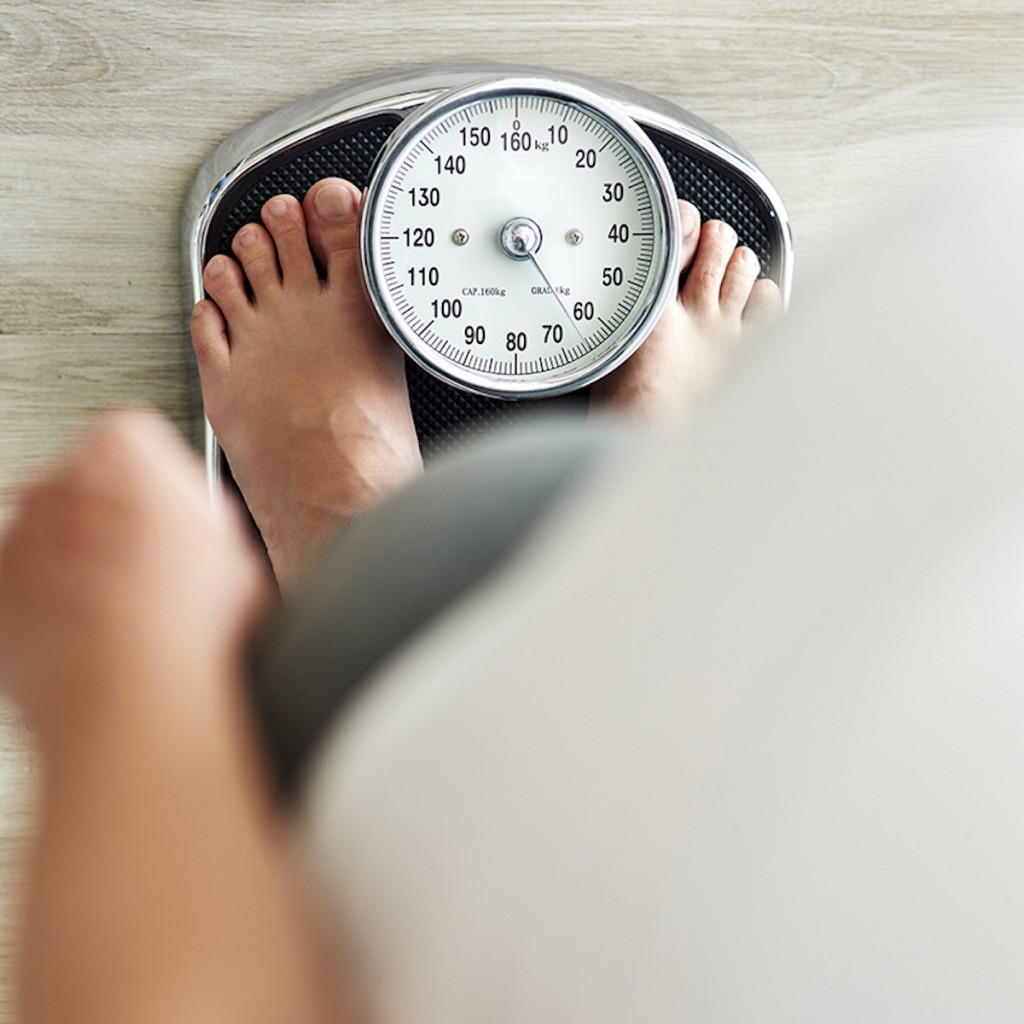Q&A With…Two Nutritionists Who’ll Help You Maintain a Healthy Weight
These easy, actionable tips for maintaining a healthy lifestyle will motivate you this month and beyond. It’s way better than a short-lived fad diet!

January is a month full of promise—it begins a new year and a fresh slate during which we say we’re going to adapt new, healthy habits and an overall better lifestyle. We know all too well, though, that’s way easier said than done. But perhaps what will motivate you this month is knowing that the third week of January marks National Healthy Weight Week, which reinforces healthy eating, positive body image and overall better habits as a way of life, rather than dieting to lose weight and becoming a slave to the scale.
So to help you stay on track with your goals this month (and hopefully this year!), we asked two registered dietitian nutritionists from Bergen County to share their easy tips to maintaining a healthy weight and a healthy mindset, from physical to-dos such as drinking more water and getting more sleep to realistic ways to set goals and improve self-image.
Read on for advice from Emily Navarro, RD, based in Waldwick, and Julene Stassou, MS, RD, from Fort Lee.
BERGEN: What does a “healthy weight” really mean?
JS: Traditionally, a healthy weight is defined as the “appropriate body weight in relation to height.” Body mass index (BMI) is calculated from your height and weight and is often used to measure obesity. I personally don’t think it’s a great indicator at all times because it does not take into account muscle weight and other factors.
EN: The number on the scale isn’t as important as you think. A healthy weight is simply a side effect of an overall healthy lifestyle. This weight should feel good to you and be somewhat easy to maintain when you are consistent with diet and exercise.
BERGEN: How can we set realistic goals without feeling overwhelmed?
JS: First, consider what you want to achieve, and then commit to it. Set SMART (specific, measurable, attainable, relevant and time-bound) goals that motivate you and write them down to make them feel tangible. Then plan the steps you must take to realize your goal, and cross off each one as you work through them.
EN: Baby steps! Remember, health is a lifestyle and diets don’t last forever, so make changes you can stick with. Focus on one small goal at a time; it can be as small as drinking a glass of water in the morning. Once you begin to do that without thinking twice, add another small change and repeat.
BERGEN: What’s one way to maintain a healthy weight without a complete overhaul of our habits?
JS: Aside from being as physically active as one can be, limiting portion size to control calorie intake are crucial. Research has shown that people consistently eat more when offered larger portions.
BERGEN: What type of exercise do you suggest, and how often should we get physical activity?
JS: The American Heart Association recommends that adults get at least 150 minutes per week of moderate-intensity aerobic activity or 75 minutes per week of vigorous aerobic activity, or a combination of both, preferably spread throughout the week. I tell my patients that you don’t have to run a marathon, but you do need to move around regularly throughout the day. Try going out during your lunch break and even walking for 15 minutes if time does not allow more. It’s a great way to clear your head too. As with anything new, increase amount and intensity gradually over time.
EN: Generally speaking, we all need to sit less and move more. Try to get your heart pumping for at least 30 minutes on most days. Once you’re ready for more, aim for at least five hours a week of a higher intensity exercise. And be sure to switch up cardio days with muscle strengthening activities at least twice a week to help build muscle.
BERGEN: Drinking water is shown to help us lose weight. How much should we drink a day and how can we ensure we do this?
JS: Drinking eight glasses of water a day is easy to remember, and it’s a reasonable goal. I tell my patients to carry around a water bottle. If the water is with you at all times, you’re more apt to drink it. Any decaf drink without sugar counts as a liquid and toward the eight glasses a day. You can also flavor it with fresh fruit or vegetables or any natural flavorings. Low sodium broth is also a way to get your liquids.
EN: We often confuse feelings of thirst with hunger, which is just one of the many reasons why it is so important to stay hydrated when trying to trim down. The best way to gauge your hydration is to take a look at your pee! It should be pale yellow; any darker, and it’s time to drink up.
BERGEN: What about the benefits of a full night of sleep?
JS: Sleep is an essential function that allows your body and mind to recharge. Good sleep also helps the body remain healthy and stave off diseases. Poor sleep is associated with increased oxidative stress, glucose (blood sugar) intolerance and insulin resistance. Extra time spent awake may increase the opportunities to eat, and sleeping less may disrupt circadian rhythms, leading to weight gain.
EN: When you fall short on sleep, your body craves a jolt of energy, so you tend to eat more sugary treats or refined carbohydrates. Over time, this derails your progress. And when you feel drained you’ll be more likely to skip workouts. Try to maintain a regular sleeping pattern, decrease your screen time at night and turn in earlier for a more restful night of sleep.
BERGEN: How can we reduce stress and anxiety as it pertains to our weight?
JS: Through regular exercise, healthy food choices, mindfulness meditation and minimizing your to-do list, you can begin to reduce stress and manage weight.
EN: Go easy on yourself and be patient. After all, the ultimate goal for any wellness journey is to feel good. Find the things that make you feel calm or bring you joy and do them more often, even if you only have a few minutes to spare.
BERGEN: Should we cut out any food groups and increase our intake of fruits and veggies?
JS: Within the recommended portion sizes, all fruits and vegetables can be enjoyed while helping to maintain a healthy weight. Replace some empty calories (foods with added sugar) with whole foods and you’ll feel fuller sooner. I don’t believe in eliminating a food group that includes foods you love; that’s not realistic for the long haul. Ditch the guilt you have with eating foods that are associated with poor nutrition, and start rewarding yourself with positive affirmations when you eat well.
EN: Some foods are healthier than others, but eating a slice of pizza is not a crime. Lose the food shame! Of course, any produce is good. Try to work your way up to five servings of vegetables and two to three servings of fruit on most days. Variety is key here; make your meals colorful with different veggies and try new foods so you can get a variety of nutrients. When you eat more vegetables, fruit, grains, beans and lean proteins first, you naturally crowd out the less-desirable, highly processed meals and snacks.
BERGEN: Anything else we should know about National Healthy Weight Week?
JS: Promote and celebrate body positivity. After all, good health comes from the inside, not the number on the scale. Healthy eating is about making sustainable lifestyle changes, one small step at a time!
EN: Stop comparing yourself to others. Everyone has her own unique nutrition and lifestyle needs and there is no one best way of eating. Learn what works for your body and do what makes you feel good.

